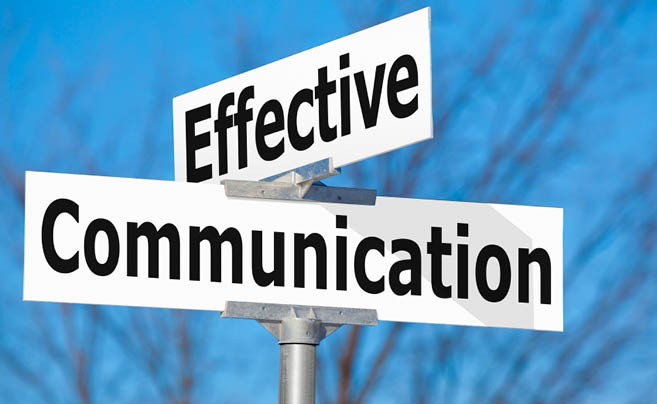
“Communication is a skill that you can learn. It’s like riding a bicycle or typing. If you’re willing to work at it, you can rapidly improve the quality of every part of your life.”
– Brian Tracy
Communication plays a vital role in the exchange between two people. An incomplete or unhealthy communication can create a block that can contribute to unfulfilling relationships. Communication provides the power to fulfill human need for connectivity and belonging. A positive interaction not only provides greater relationship satisfaction but also ameliorates our subjective well-being. Learning how to effectively communicate with your partner will strengthen the trust, honesty and respect you have for each other and the relationship.
Unhealthy communication often starts with negative thoughts or emotions and not words. And these negative thoughts can come from preconceived perceptions and anticipation of reactions. The ability to communicate effectively assists with showing your values to your partner makes partners understand each other and be approachable to each other.
Misunderstandings and communication mistakes are always possible in a relationship. Here are the most common yet avoidable communication mistakes that could harm a relationship:
- Universal statements: generalizing your partner’s character in a negative way by using universal statements can show lack of understanding, invalidates the good aspects in your partner, and discourages change.
- Not considering things from your partner’s point of view: lacking empathy acts as a catalyst to anger towards each other in a relationship, worsens conflict, and can lead to defensiveness.
- Unhealthy non-verbals: body gestures, limited eye-contact, loud tone of voice, and divided attention can make your partner read between the lines, jump to unhealthy conclusions, and assume the worse.
- Invalidation: invalidating your partner’s emotions can contribute to resentment and hurt. Constant invalidation can cause emotional numbness, harming the bond in a relationship.
- Making past mistakes/difficulties as the centre: bringing up past mistakes as part of each communication, in time will start to lead and rule the relationship and invalidate positive changes.
- Fixating on your own feelings: this can make your partner run away each time you want to communicate. Feelings of being unheard can further lead to patterns of avoiding any form of communication, in turn making your partner emotionally freeze or close off.
For a healthier communication, try to:
- Find the right time to communicate: If the issue of not urgent then talking about it at the right time is likely to yield positive results.
- Watch your body language: Giving your partner full attention will make him/her feel heard and reduce feelings of hurt and anger because you are listening.
- Be honest: if there is one thing that your partner will appreciate the most – it is honesty. Express your emotions as honestly as you can, keeping in view not to violate your partners emotions.
- Remember the delay rule: Delaying an argument will not make you lose. In fact delaying often allows thoughtfulness and wisdom to kick in and improves chances of reconciliation and realisation.
- Not be harsh: By avoiding harsh words you will allow room for openness and prevent another argument.
- Be open to feedback: Constructive criticism from your partner will only lead to positive dynamics, and who can do it better than your partner? Communicating this belief to your partner will instill a sense of responsibility in your partner and reduce defensiveness from your end.
If you are going through difficulties in your relationship, why not give us a call today? Our team of highly skilled and well-experienced Psychologists are here to help.

